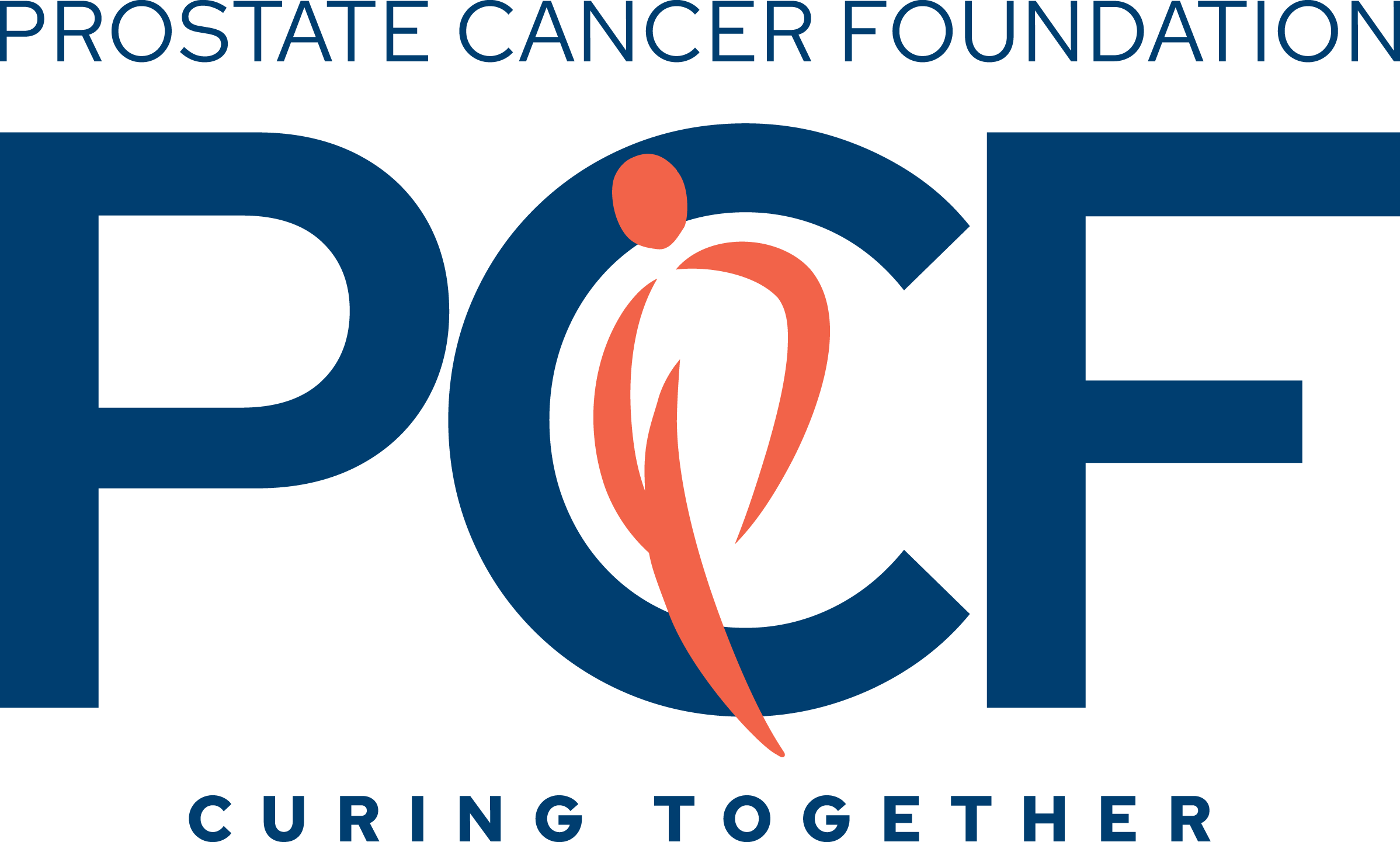Clinico-genomic data can be used to produce insights and evidence that can immediately inform the treatment of patients with cancer. At Foundation Medicine, we have been committed to this mission, with dedicated scientists who specialize in the production of scientific papers to generate and communicate these insights1-10. This type of work requires collaboration between people with diverse skills and expertise: genomics, data science, epidemiology, biostatistics, and clinical treatment context.
A critical component is collaboration with clinical practitioners who are experienced in the care of patients with cancer, to ensure that insights derived will be of greatest value to patients. We have created this RFC program to solicit ideas and expertise more broadly from diverse audiences and practitioners, to ensure maximum impact for the greatest number of patients. We invite the oncology research community to submit proposals for collaboration with Foundation Medicine scientists and data.




